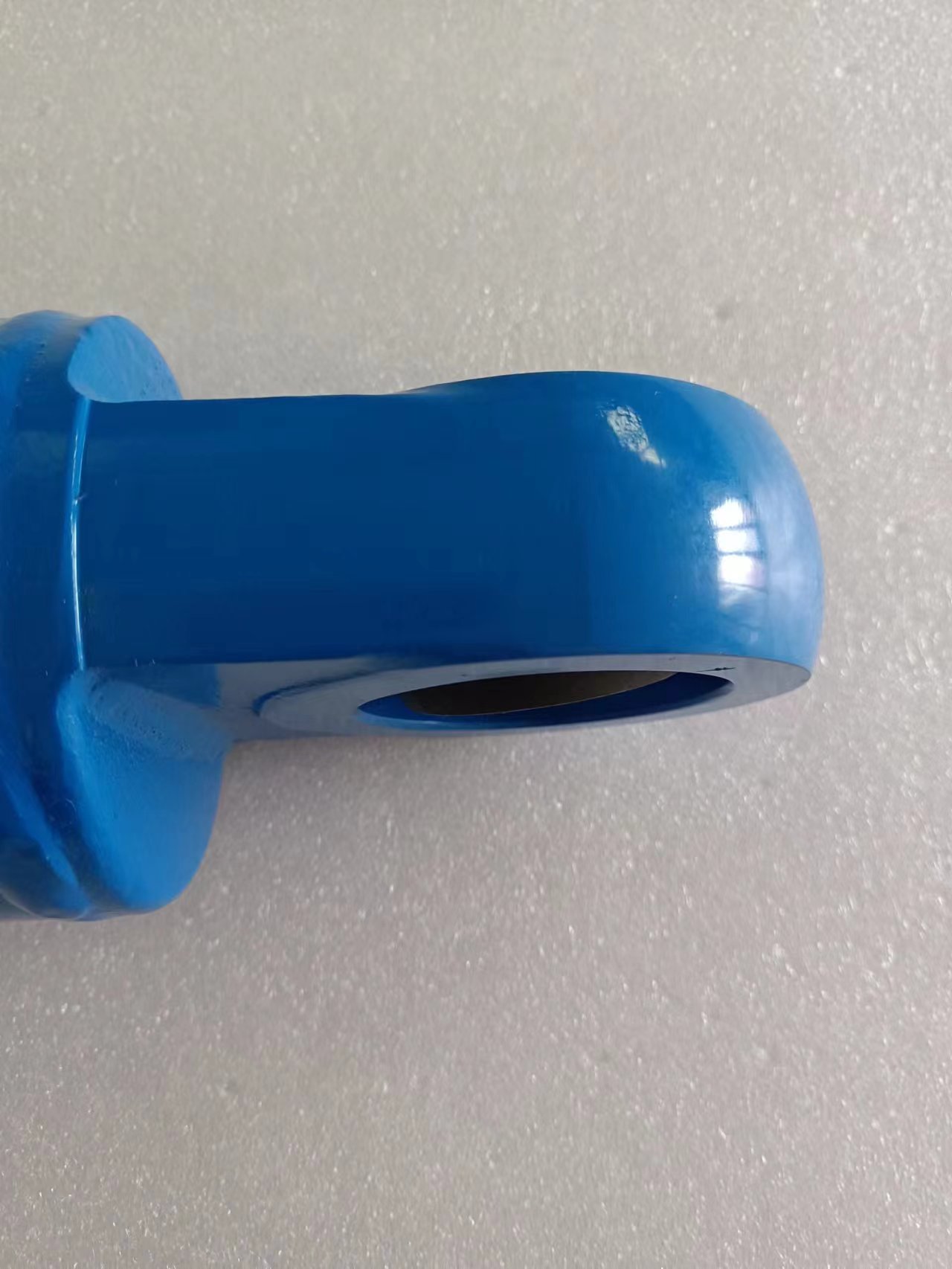Nov . 06, 2024 21:40 Back to list
Hydraulic Power Unit Solutions for Industrial Applications and Efficient Energy Management
Understanding Hydraulic Power Units A Deep Dive into Their Function and Importance
Hydraulic power units (HPUs) are essential components in various industrial and construction applications. By converting mechanical energy into hydraulic energy, these units enable a multitude of tasks, from moving heavy machinery to fine-tuning intricate systems. This article will explore the fundamental principles behind hydraulic power units, their components, and their significance in modern industries.
The Working Principle
Hydraulic power units operate based on Pascal's Law, which states that pressure applied to a confined fluid is transmitted undiminished in all directions throughout the fluid. This principle allows HPUs to amplify force and transmit it over long distances with minimal energy loss. Hydraulic systems are typically powered by electric motors or internal combustion engines, which drive hydraulic pumps, creating flow and pressure in the hydraulic circuits.
Key Components of Hydraulic Power Units
1. Pump The heart of the HPU is the hydraulic pump. It takes mechanical power from the motor and converts it into hydraulic energy. There are several types of pumps used in HPUs, including gear, vane, and piston pumps. Each type has its advantages depending on the application requirements, such as flow rate and pressure.
2. Reservoir The reservoir stores hydraulic fluid, which is critical for the system’s operation. It serves as a buffer that allows the system to maintain pressure and provides the necessary volume for the hydraulic components. Reservoirs are designed to minimize fluid contamination and allow for easy maintenance.
3. Actuators Hydraulic actuators include cylinders and motors that convert hydraulic energy back into mechanical energy. Hydraulic cylinders are used for linear motion, while hydraulic motors provide rotary motion. Both are integral to performing mechanical tasks in various applications.
4. Control Valve Control valves regulate the flow and pressure of the hydraulic fluid. They allow operators to adjust the hydraulic system's performance according to the task at hand. Proportional and directional control valves are commonly used to achieve the desired motion and force.
5. Filters Filters are crucial for maintaining the cleanliness of the hydraulic fluid, thereby ensuring optimal system performance and longevity. Contaminated fluid can lead to system damage, increased wear, and reduced efficiency.
hydraulic power unit company

Applications Across Industries
Hydraulic power units are ubiquitous in industries ranging from construction and manufacturing to aviation and agriculture. They are commonly found in excavators, forklifts, aircraft hydraulic systems, and even amusement park rides. The versatility of hydraulic systems allows them to perform tasks that would be difficult or impossible with mechanical systems alone. For instance, in construction, HPUs provide the lifting force necessary to move heavy loads with precision and control.
In manufacturing, they enable automated systems to perform repetitive tasks with high accuracy. In agriculture, hydraulic systems power equipment like tractors and harvesters, allowing for improved productivity and efficiency in farming operations.
Advantages of Hydraulic Power Units
1. High Power Density HPUs are capable of transmitting a large amount of power in a relatively compact size, making them ideal for applications where space is a constraint.
2. Smooth Operation Hydraulic systems typically operate more smoothly compared to mechanical systems, providing better control over tasks.
3. Durability and Reliability With proper maintenance, hydraulic systems can last for years, making them a reliable choice for demanding applications.
4. Energy Efficiency Hydraulic systems can be more energy-efficient than their mechanical counterparts, especially in applications that require variable force and speed.
Conclusion
Hydraulic power units are crucial to modern industrial and construction processes. Their ability to generate and control significant amounts of power efficiently makes them indispensable in various applications. As technology progresses, the design and functionality of HPUs continue to improve, enabling even greater efficiency and versatility. Investing in quality hydraulic power units from reputable companies ensures that industries can meet their operational demands while maintaining safety and reliability. Understanding these systems is essential for anyone involved in industries that rely on hydraulic technology, as it leads to smarter choices in equipment and maintenance practices.
-
1.5 Ton Lifting Cylinder 70/82-40-290-535 | Precision Engineering&Industrial Applications
NewsJul.21,2025
-
1.5 Ton Lifting Cylinder 70/82-40-290-535-Hebei Shenghan|Hydraulic Solution, Industrial Applications
NewsJul.21,2025
-
1.5 Ton Lifting Cylinder-Hebei Shenghan Hydraulic Machinery Co., Ltd.|High-Load Capacity&Industrial Hydraulic Solution
NewsJul.21,2025
-
1.5 Ton Lifting Cylinder-Hebei Shenghan Hydraulic Machinery Co., Ltd.|High-Load Capacity&Industrial Hydraulic Solution
NewsJul.21,2025
-
1.5 Ton Lifting Cylinder-Hebei Shenghan Hydraulic Machinery Co., Ltd.|High-Load Capacity&Industrial Hydraulic Solution
NewsJul.21,2025
-
1.5 Ton Lifting Cylinder 70/82-40-290-535 - Hebei Shenghan Hydraulic Machinery Co., Ltd. | High Performance, Durable, Industrial Use
NewsJul.21,2025
